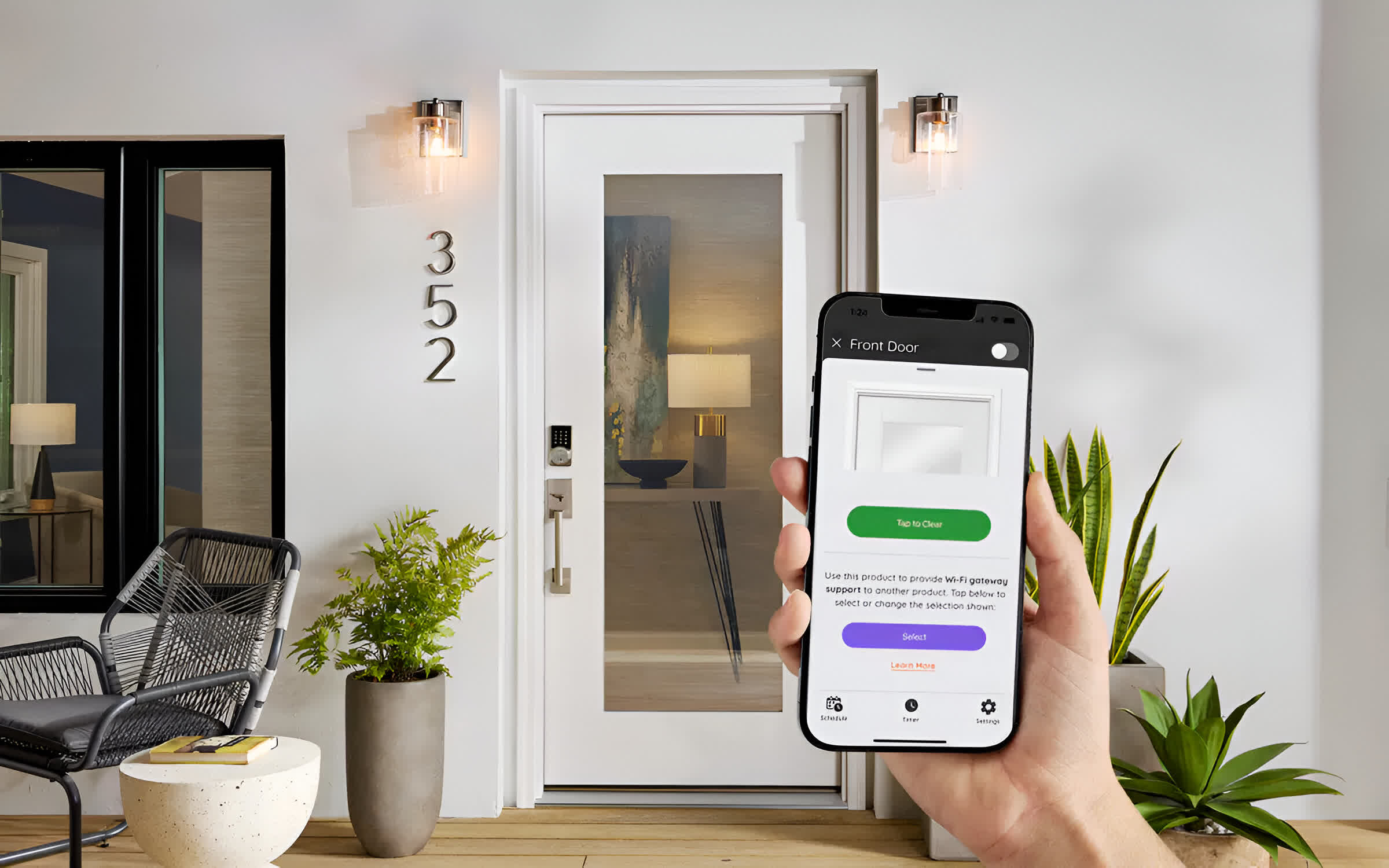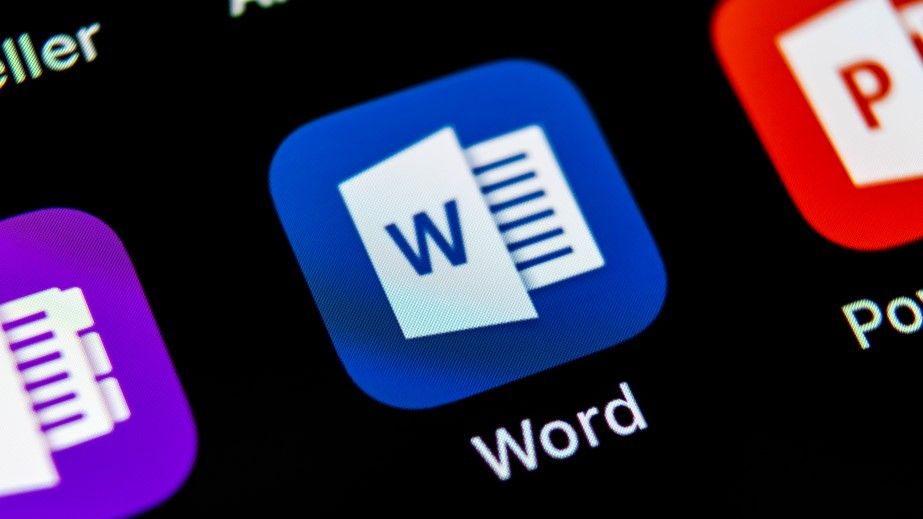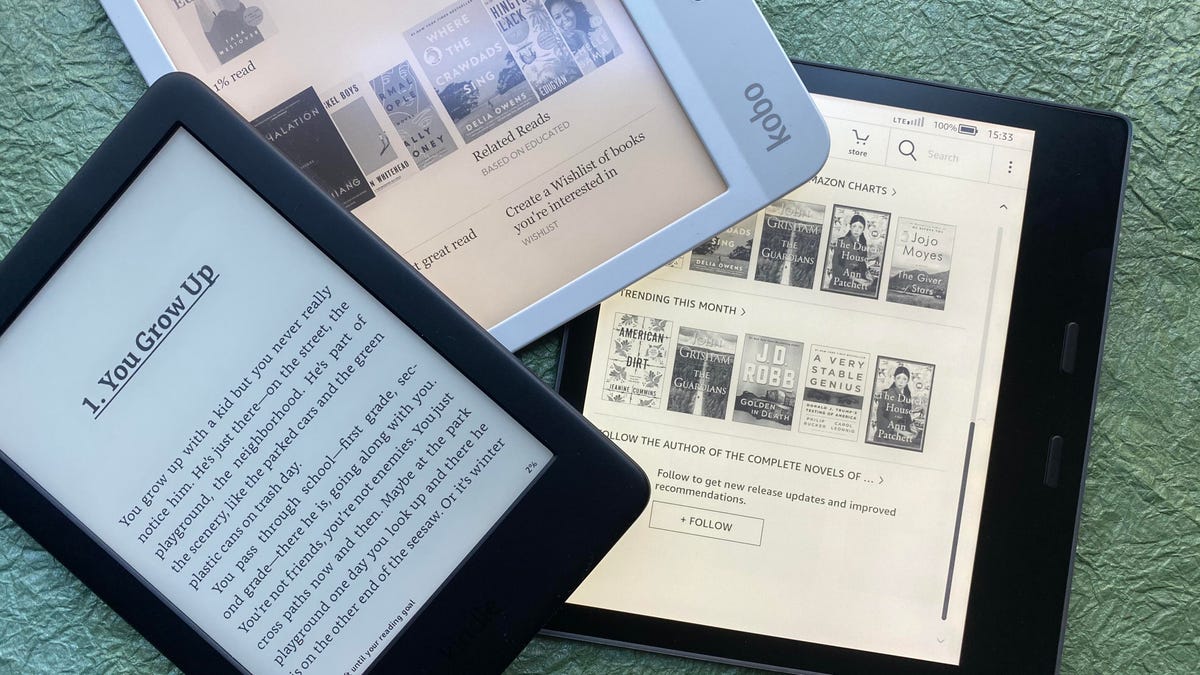[ad_1]

Brave said Thursday that it has now completely separated its own search capabilities from Google and Microsoft Bing, allowing any search query within the Brave browser to be searched entirely by Brave itself.
Based on the company’s previous claim that “Brave Search is 100 percent private and anonymous,” the change would mean that Brave Search would now be completely private, regardless of what you now search for. Brave is one of a handful of niche browsers, along with Opera, Vivaldi, Firefox, and more, that address a tiny niche of the browser market that’s dominated by Google Chrome, then Microsoft Edge.
Until now, Brave’s own search engine had crawled the Internet by itself, developing its own database for search queries. But its image and video search had used Bing and Google. Brave said in a blog post that it had begun removing Bing as a source of image results, but had offered to redirect its own searches to the two search engines, Bing and Google, during that transition. That redirection has now been turned off, and all of Brave’s results are now compiled internally.
Further reading: This one Brave feature sold me on the whole browser
“[B]y keeping all searches within the Brave ecosystem, users benefit from increased speed and privacy when compared with the multiple search engines that rely on third-party providers,” Brave said.
“By serving image/video results directly from Brave Search’s independent index, we can ensure a better check on Big Tech censorship and put our users in charge of their browsing experience,” the company added.
For now, however, Brave’s image-searching capabilities are somewhat rudimentary. Advanced filters, for example, that filter an image based upon the license type or the aspect ratio, aren’t available but will be soon, Brave promised. “For now, we believe offering a clear alternative is more important than complete feature parity,” the company said.
[ad_2]
Source link





















